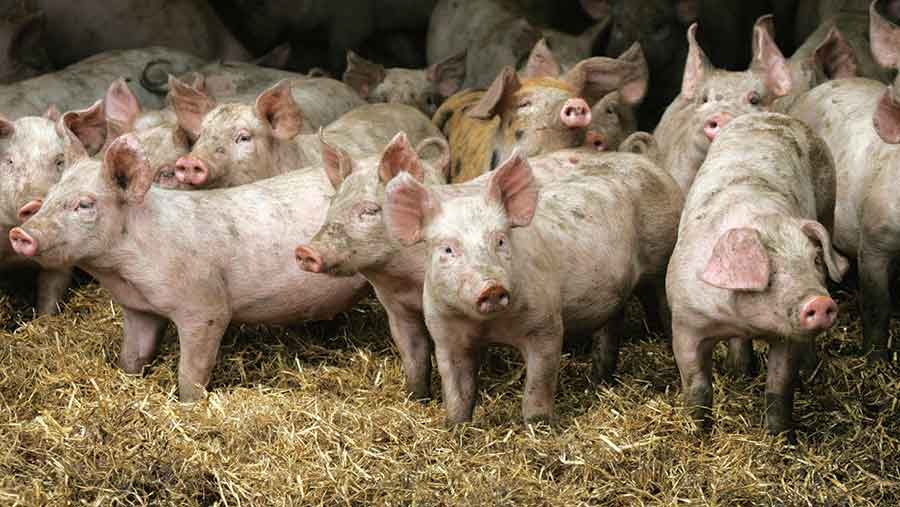NPA research shows pig welfare differences across world
 © Tim Scrivener/Rex/Shutterstock
© Tim Scrivener/Rex/Shutterstock A comparison of the welfare standards that apply across the major pigmeat producing countries of the world has been published by the National Pig Association (NPA).
The Animal Welfare Matrix compares the different labelling schemes and legislative requirements in place across the UK, Denmark, Netherlands, German, Spain, Poland, the US, Canada and Brazil.
Sweden has also been included because of its high animal welfare standards in the sector.
See also: AHDB welfare study confirms pig sector’s high standards
Senior policy advisor Georgina Crayford, who compiled the document, said it was important to highlight where differences existed given the debate about post-Brexit trade deals.
“When negotiating trade deals with third countries, it is vitally important that the UK pig sector is not undercut by imports of pork from countries with lower welfare standards,” she said.
“We must insist on equivalent standards.
“Equally, we are adamant the government must not gold-plate our already high standards, as this would only risk pushing up costs and sucking lower standard imports in.”
Key areas of differentiation include:
Sow stalls
Sow stalls are still legally permitted in the US, Canada and Brazil, but were banned in the UK in 1999 and are partially banned across most of the rest of the EU.
Straw-based/outdoor systems
In the UK, 40% of sows are outdoors and 90% of indoor sows and 60% of finishing pigs are kept on straw.
However, very few, if any, pigs are kept outdoors or on straw indoors in the rest of the EU, apart from in Sweden where more than 90% of sows and finishers are kept on straw.
In the rest of the world, very few, if any, pigs are kept outdoors or on straw indoors; most are kept on slatted floors.
Castration
Castration is not permitted under the Red Tractor Scheme, so just 2% of male pigs are castrated in the UK.
This compares with Sweden (94%), Denmark (95%), Netherlands (20%), Germany (80%) and Spain (20%).
In the US and Brazil, there are no laws around when castration should be carried out or the use of anaesthetic or painkillers.
Antibiotics as growth promoters
The use of antibiotics for growth promotion has been banned in the EU since 2006, with bans introduced even earlier in Sweden and Denmark.
However, the practice is permitted in the US, Canada and Brazil.
Ractopamine
The use of ractopamine, which is a feed additive to promote leanness, has been banned in the EU since 1996.
However, ractopamine is approved for use in pigs in the US, Canada and Brazil.
